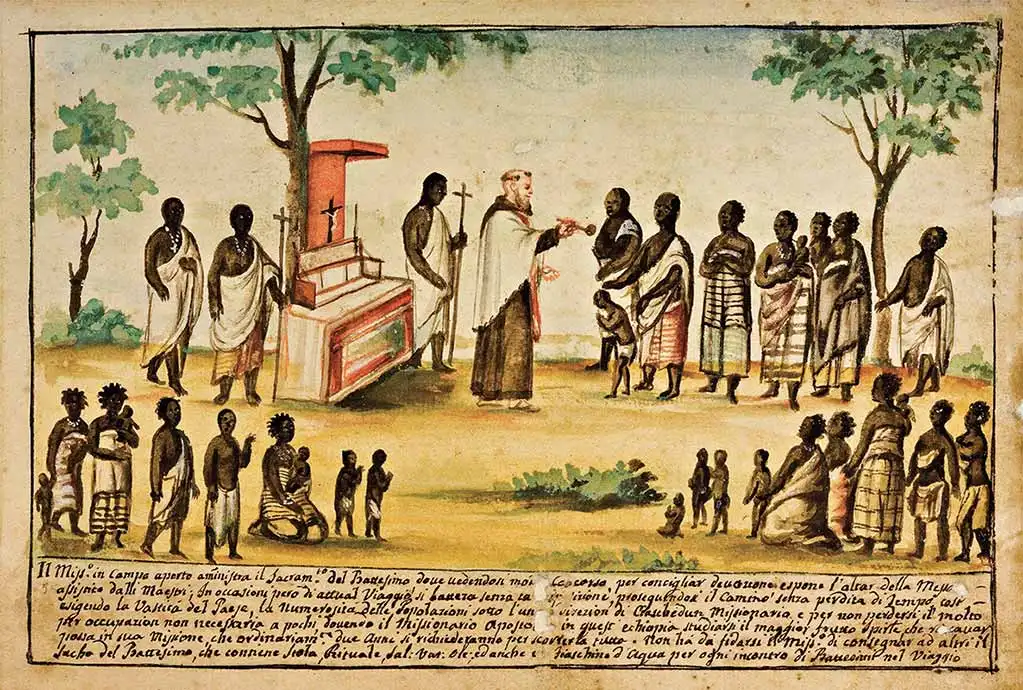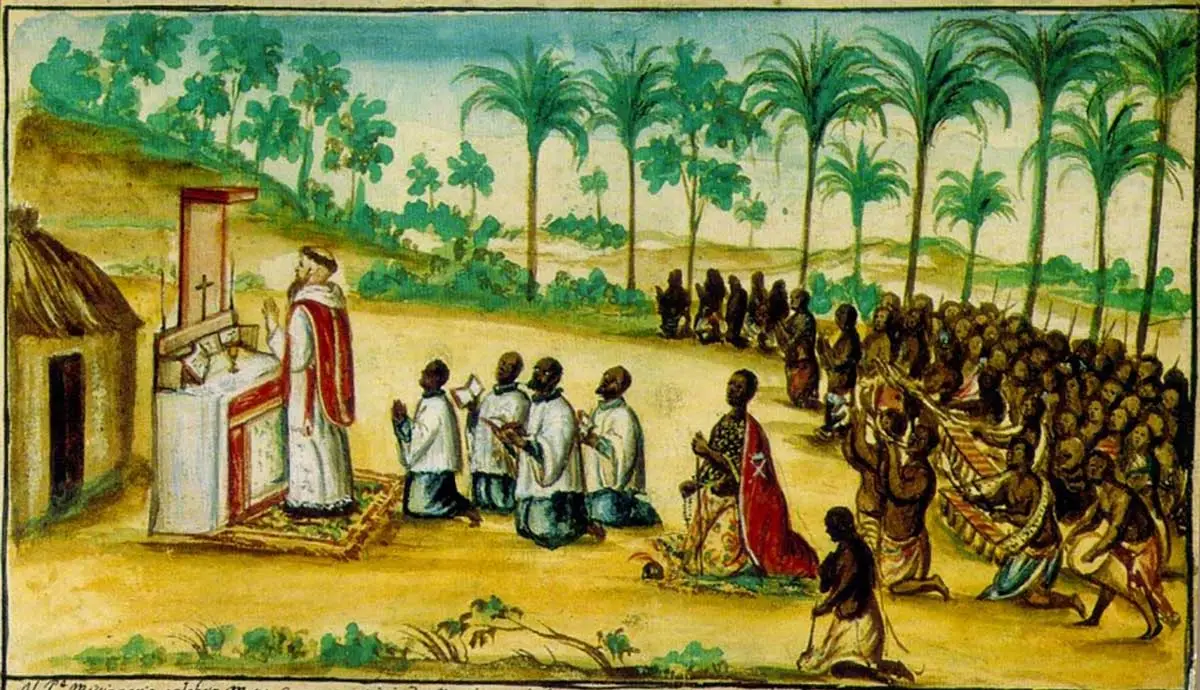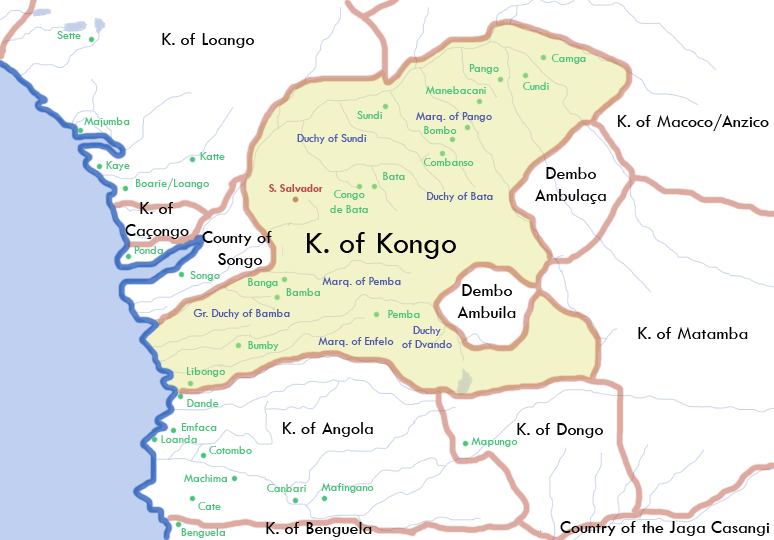
Heru
-
“By the mid-seventeenth century, Africans and their descendants in the Caribbean began to outnumber whites very substantially. This demographic imbalance escalated during the eighteenth century. Because of their reputation as rebels, Greater Senegambians became less welcome. Although Greater Senegambians were feared in Spanish colonies, they…
 Abdua Kkkyha and Kwabena1 Comment
Abdua Kkkyha and Kwabena1 Comment-
How come they didn’t teach this part of African history when I was in school?
-
-
“In 1483 the Portuguese explorer Diogo Cão was the first European to enter the Congo River and encounter the Kingdom of Kongo. After landing in the Congo estuary near a city called Mbanza Sonyo, Diogo Cão sent messengers and gifts to the king, Nzinga Nkuwu, who lived in the capital, Mbanza Kongo. After several weeks as his messengers were…
View more comments-
“The Portuguese explorer, Diego Cao, captured 4 Kongo nobles and sailed for Portugal.”
As early as 1483, Europeans were capturing Afrikans as slaves.
 1
1- View 1 reply
-
“The Portuguese demanded Afrikan slaves in exchange for anything King Alfonso I demanded from Portugal.”
The Europeans were the initiators, the manufacturers, the drivers, the force behind The Atlantic Slave Trade.
 1
1 -
“Despite the many restrictions that King Alfonso I put on the slave trade in the kingdom of Kongo, thousands, if not millions, of Afrikan slaves were continuing to be illegally captured and exported annually into the New World to work the plantations.”
Afrikans on the Continent resisted and fought to stop the illegal capture of enslaved…
 1
1 - View more comments
-
-
“The history of the Kingdom of Kongo is very important because it offers a remarkable and valuable insight into the early encounter and relationship between Europe and Africa. Founded by Lukeni Lua Nimi in the 14th century, the Kongo kingdom became one of the largest and most powerful states in Central Africa during the 15th and 16th centuries.…
-
Sikke juula taa.
En: “Uncertainty is not dependable.”
Fr: “L’incertitude n’est pas fiable.”
-Fulani proverb/Proverbe peul
Explanation: One should not leave room for uncertainty.
Explication : Il ne faut pas laisser de place à l’incertitude.
- Load More







